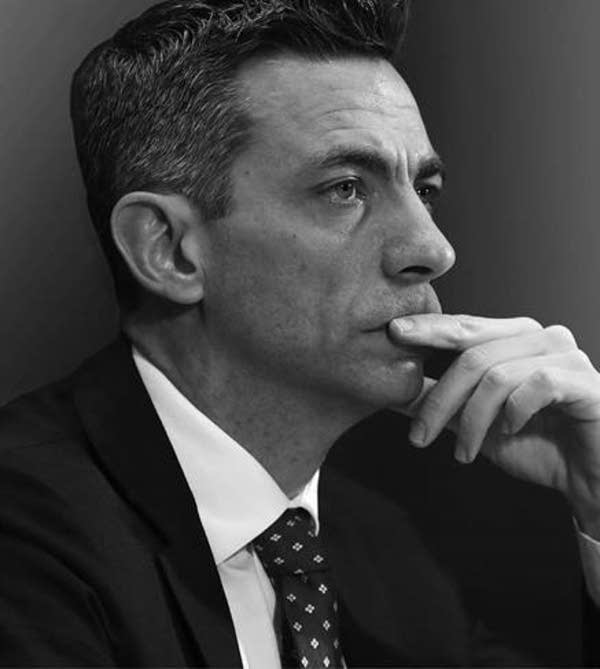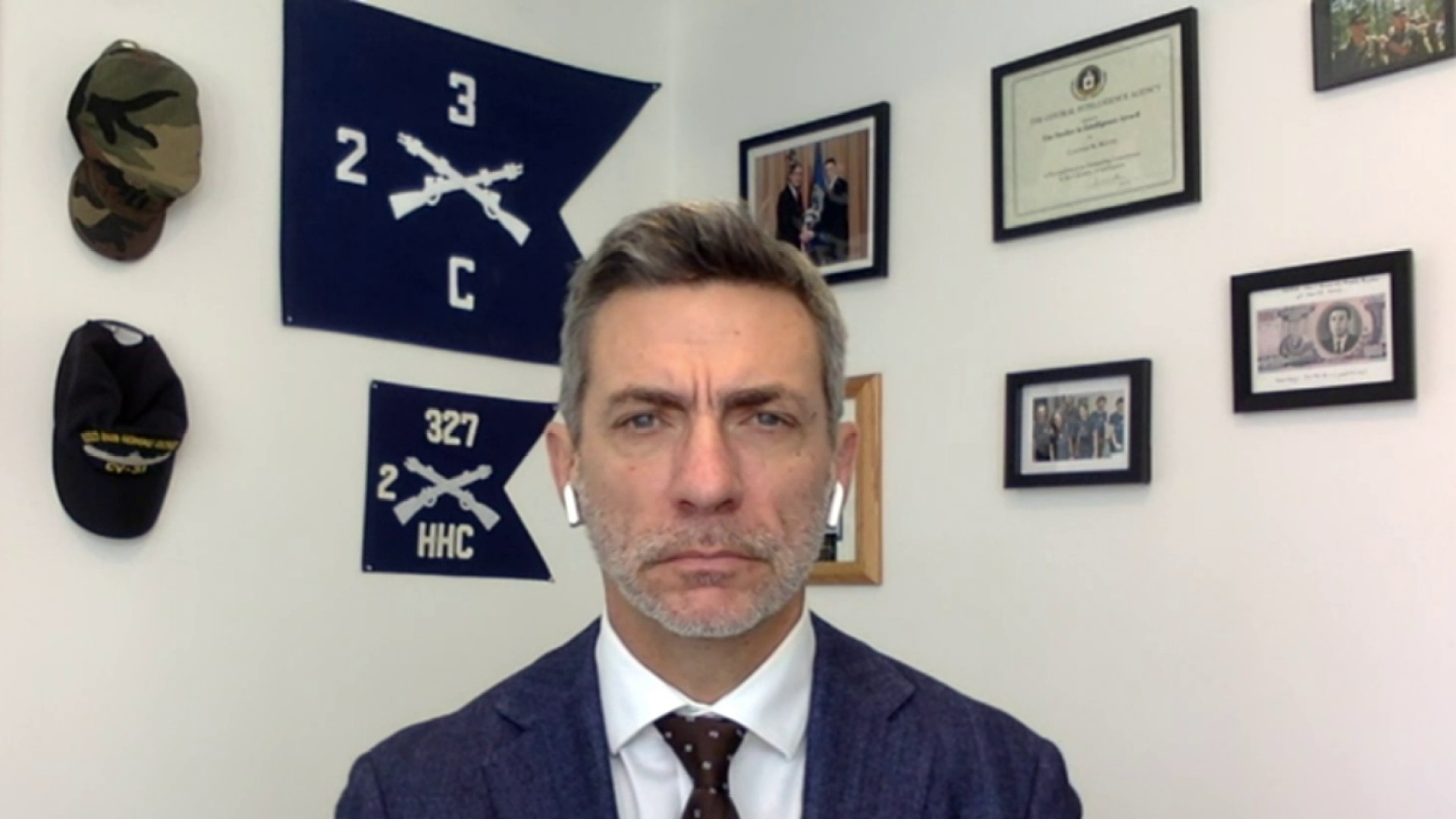

At the time this was the start of the foreign fighter movement and we were watching foreign fighters on YouTube. I was at the Combating Terrorism Center, and we were doing a tracking of foreign fighters. Right across the river from where I am right now. In a complete weird twist and turn, I ended up at the Combating Terrorism Center at West Point. At the time, I was married to another Army officer, and I decided to leave the FBI in 2003 and went to grad school. I really miss my colleagues back in the Army. I was a brand-new agent and was very lucky and was very dissatisfied with the FBI.

I ended up at the FBI in Portland, Oregon, where I was a new agent and worked on a case that was known as the Portland Seven. In 2002, I switched out of command and went through Quantico. In less than a year, by the next summer, I was already at FBI Academy. By a complete fluke in August 2001, I had dropped that three by five card into the mail to the FBI because I had a lot of friends that said, 'it takes three or four years to get into the FBI, you should do it.'Ī month after 9/11, October 2001, I got a call by a recruiter, and they wanted to know if I could take the test in two weeks. Bin Laden slipped across the border, and we all stood down. Then bin Laden and Operation Anaconda went down. We all thought we were going to end up going to Afghanistan initially. I went to 1st Airborne Division, went over to Korea, and came back to Fort Lewis, Washington, where I was a company commander during 9/11. You've had an interesting career path.ĬLINT WATTS: I started off in the Army, and I was an infantry officer. Before we do that, I'd love to ask you two questions.

MICHAEL MORELL: We wanted to focus on what foreign governments might be up to right now in terms of interfering with the election and what might be coming as we get closer to the election and then in the immediate aftermath of the election. I don't really know."ĭownload, rate and subscribe here: iTunes, Spotify and Stitcher. I've been approached a lot over the last few years about the question of 'how does America represent itself and fight in the information space?' And the question that I always arrive at is, 'what do we want to say to the world?' And that is not clear. Internal threat created by lack of unity in America: "The lack of unity inside America about what we believe, what we stand for, and what we'll fight for.We've kind of missed how China has really advanced abroad." We have been tied up in our own politics. and advancing their vision of meritocracy over democracy, their vision of human rights versus the American vision of human rights, and maligning the U.S. Around the world right now, China is really beating up the U.S. China as a national security concern: "Russia is the threat from now to Election Day for influence.You can't trust elected officials.' That's what we're seeing even today and hearing echoed today with the long run goal of destroying American democracy or at least subverting it to such a degree that it's not a challenge to Russia." By October, this time four years ago, they were really advancing the narrative that 'democracy was bankrupt. They could appear to look like and talk like Americans about American issues. Russian disinformation spreading on social media: "Social media totally opens the door to where Russia can set up in Russia and do influence inside the United States, not only at extremely low cost, but with almost no consequences.


 0 kommentar(er)
0 kommentar(er)
